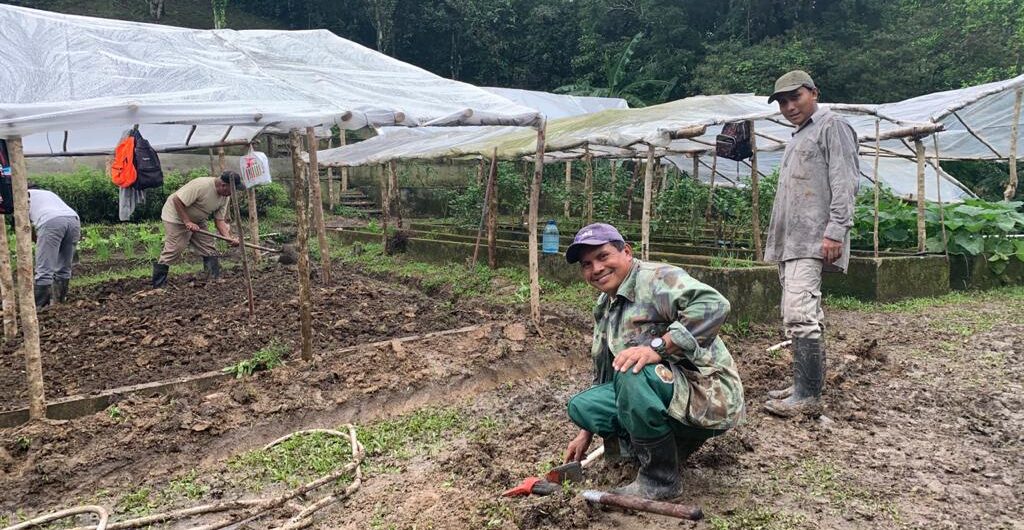One of the Canopy Family’s major projects while tourism remains on hold is our agricultural project near the Canopy Lodge. This project entails the reclamation of approximately one hectare of overgrown farmland, owned by the Canopy Family’s founder and president Raúl Arias de Para, for the planting of plantains, bananas, cassava, and a variety of other crops. These will serve in the short term as a source of income and produce for our guides and employees who live near the Lodge and will also, once our guests return, provide “farm-to-table” ingredients for our dining room at the Canopy Lodge!
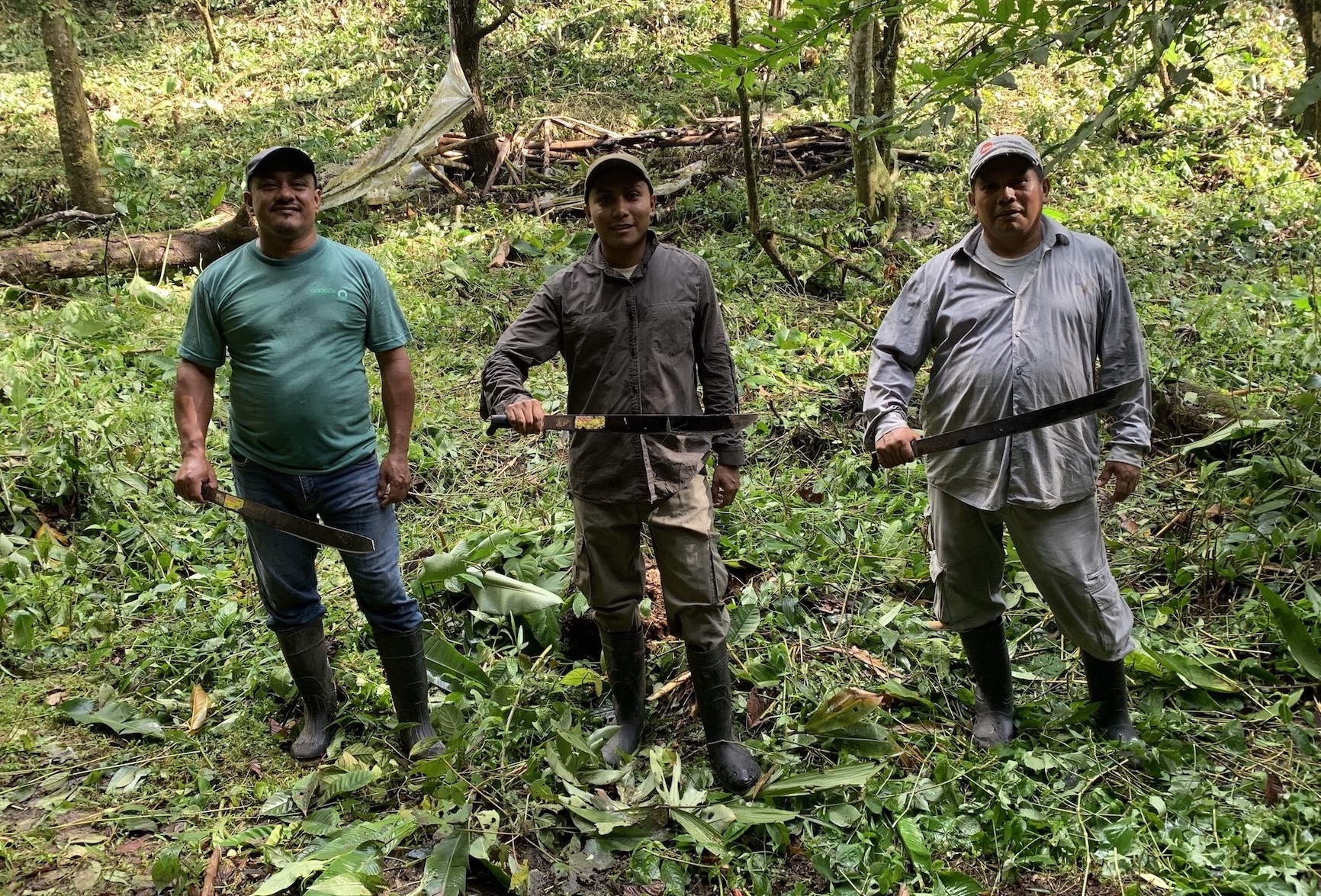
From left to right, Canopy Family guides Moyo Rodríguez, Danilo Rodríguez Sr., and Danilo Rodríguez Jr., having temporarily traded in their binoculars for machetes.
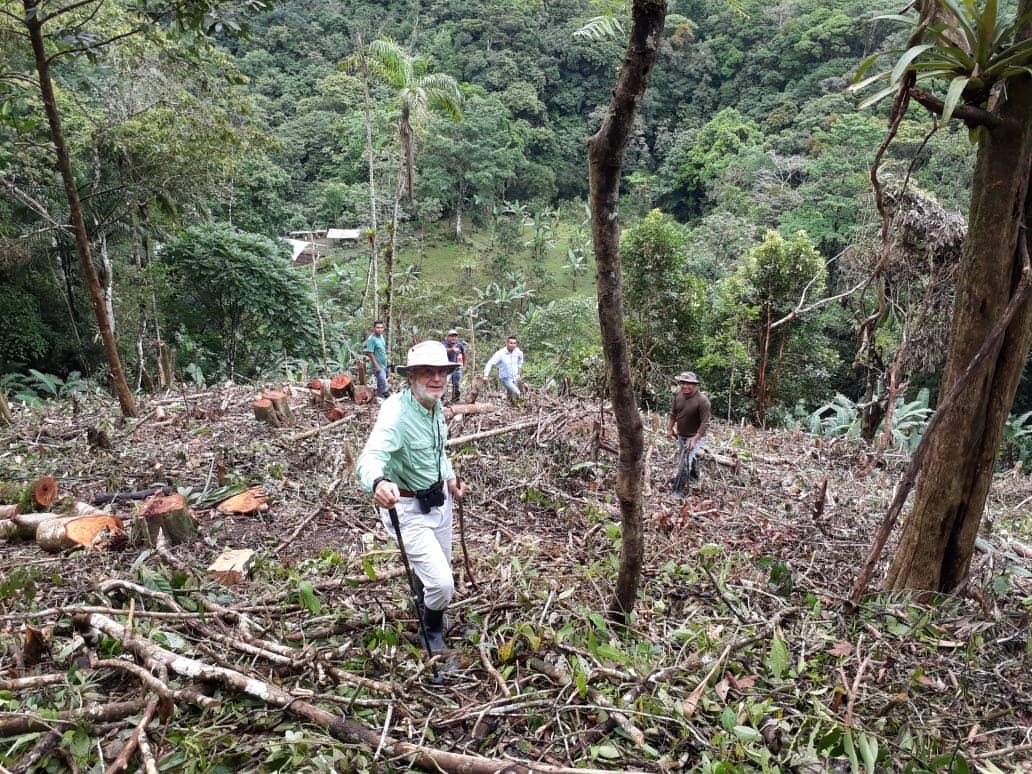
Raúl surveys the land being cleared, about one hectare of his 50 hectare plot.
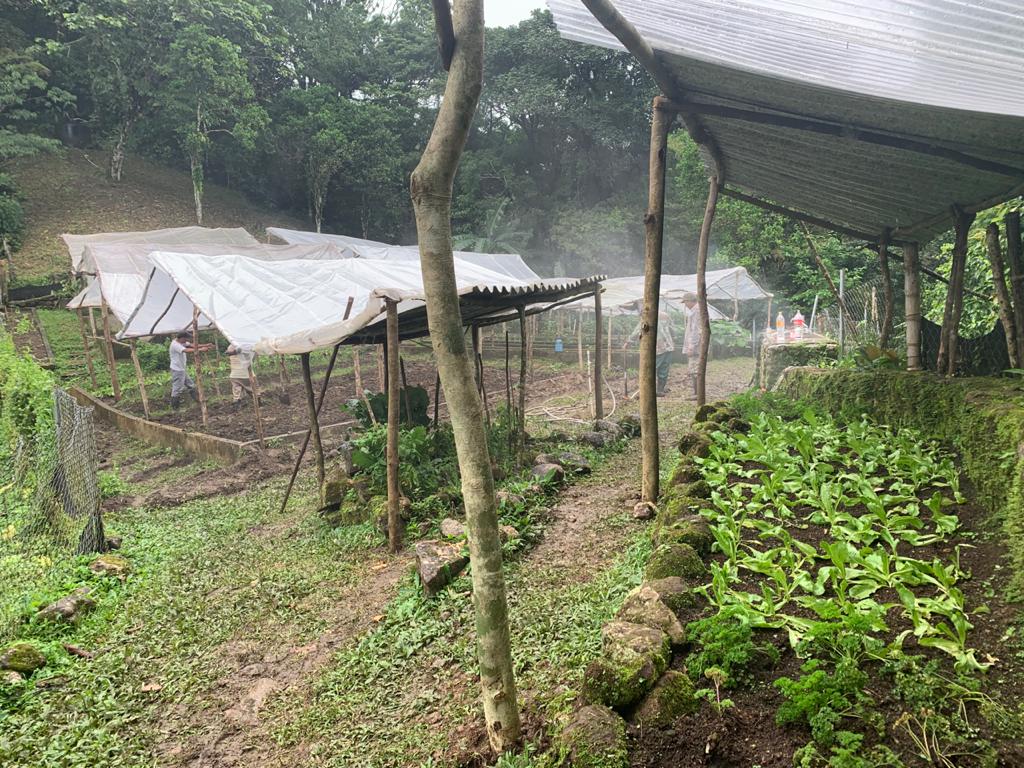
Here we’ll grow carrots, eggplants, cucumbers, tomatoes, celery, cilantro, pinto beans, and other vegetables.
The bulk of the planting will be of plantains, about 500 plants, each of which should produce twenty to thirty fruits in a year. The following year, each plant should leave two or more descendants, thereby further increasing the yield. Plantains are a very versatile and popular food in Panama; favorite local preparations include ripe plantain served with coconut milk and fresh local white cheese, and the famous fried patacones served with tomato and onion sauce. We are also planting about 200 cassava plants, better known here in Panama as “yuca.” Bananas will be planted in smaller numbers, mainly for use at the bird feeders at the Canopy Lodge as well as for our guests. Other plantings will include taro, ñame (yams), and guandu (pigeon peas), and a number of other vegetables.
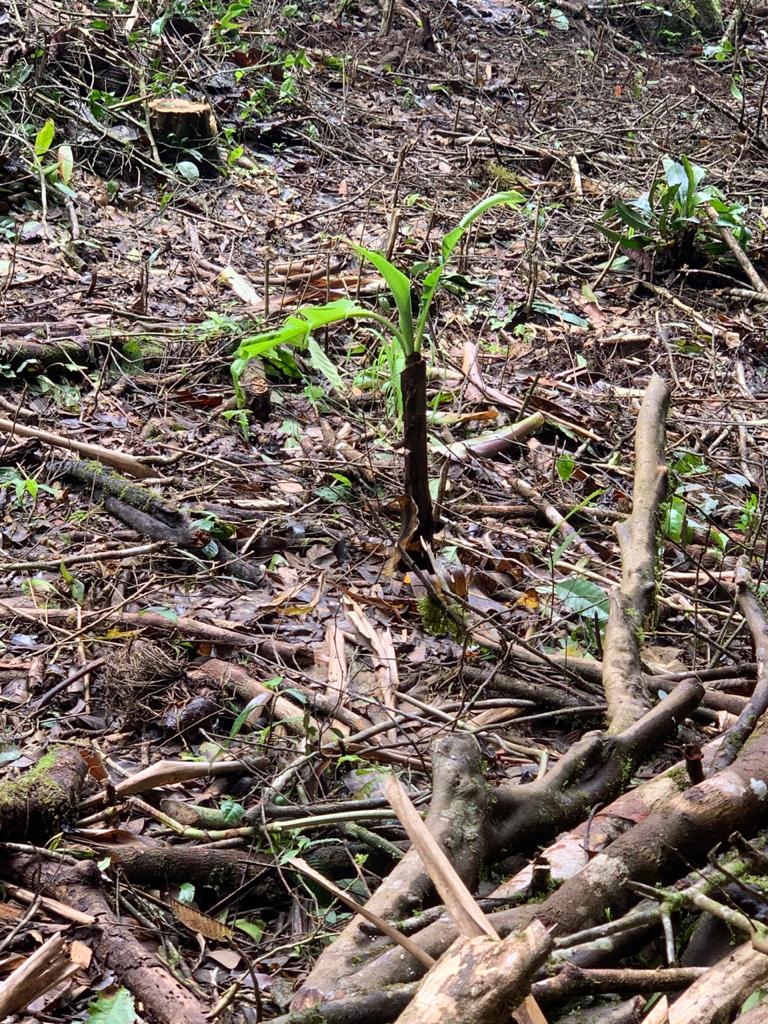
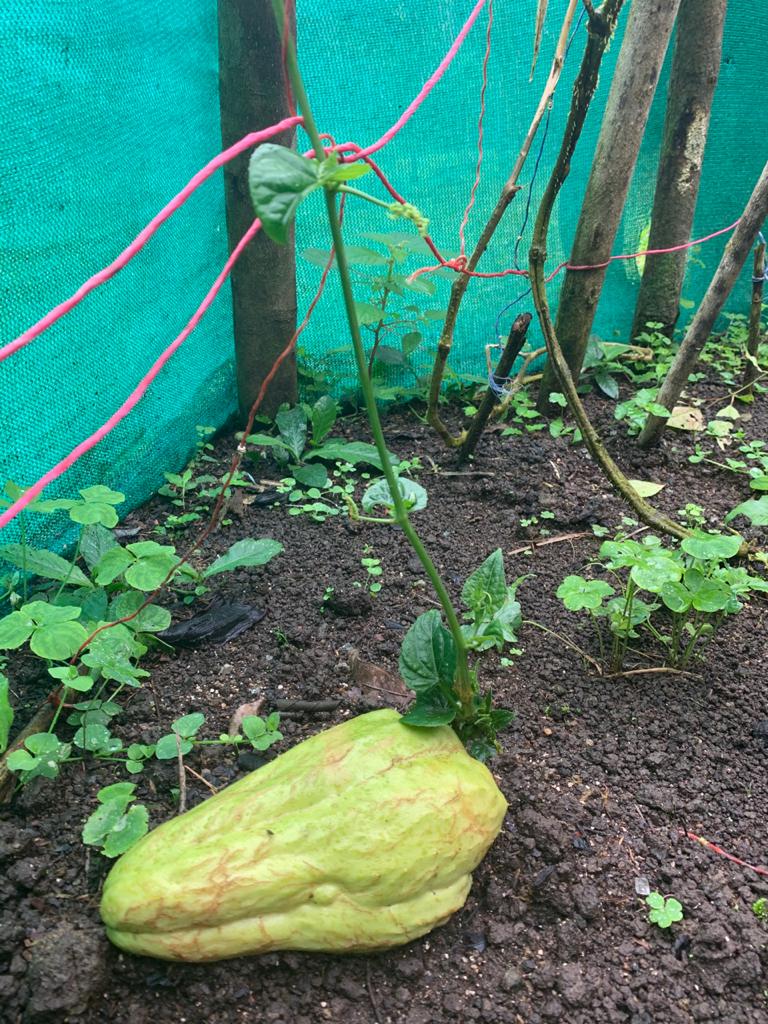
At left, a plantain three weeks after planting; at right, a chayote fruit.
We believe this project will garner interest as a local agrotourist attraction. Many city folks in Panama have never seen how even such a familiar food as a plantain or banana is grown, and we have found that there is a growing interest in learning about and supporting local agriculture. In the long run, our hope is that this project will also serve as a catalyst for more engagement by the Canopy Family with local cuisine. One of our plans is to organize weekend “food academies” with local chefs—including Raúl’s sister Cuquita, one of Panama’s most prominent chefs—using our own fresh ingredients!
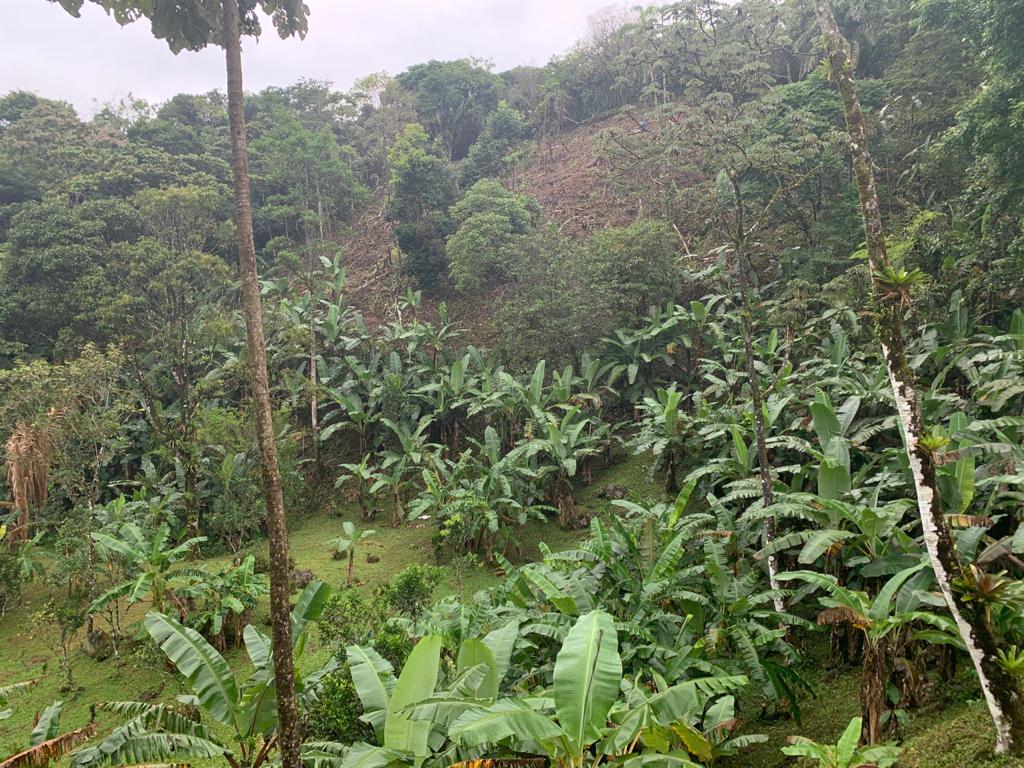
Some banana plants, to be used for our bird feeders and our guests.
As always, the Canopy Family is committed to ecological sustainability: no chemical pesticides or fertilizers will be employed, and we will aim to encourage the wider adoption of organic farming techniques in El Valle. Finally, the remaining 49 hectares of this plot of land, which includes some more mature secondary forest, will be preserved.

